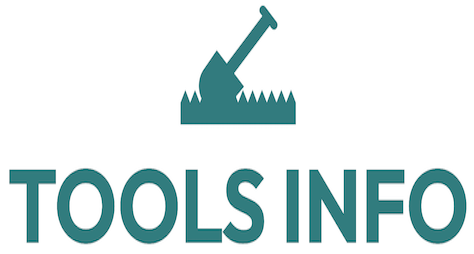Multi-Bit Screwdrivers: A Smart Guide for Versatile Use
Multi-bit screwdrivers are essential tools for versatile fastening tasks, offering adaptability and convenience in one compact design. Whether you are a professional tradesperson or a DIY enthusiast, understanding how to select the right multi-bit screwdriver can save time and enhance your work efficiency.
What Are Multi-Bit Screwdrivers?
Multi-bit screwdrivers are hand tools that allow users to change the screwdriver bit to fit various types of screws. Instead of carrying multiple individual screwdrivers, the interchangeable system offers a practical, space-saving solution.
Key Components
- Handle: Ergonomically designed for comfort and grip.
- Bit Holder: Typically magnetic to securely hold bits in place.
- Bits: Interchangeable tips in different sizes and types (e.g., flathead, Phillips, Torx).
Benefits of Using Multi-Bit Screwdrivers
- Versatility: Handle multiple fastener types in one tool.
- Convenience: Quick bit changes reduce time spent switching tools.
- Portability: Compact sets are easy to transport and store.
- Cost-effective: Avoids the expense of purchasing multiple screwdrivers.
How to Select the Right Multi-Bit Screwdriver
Selecting the right multi-bit screwdriver depends on understanding your specific fastening needs and preferences. Consider the following factors:
1. Bit Types and Sizes
Choose a set with a wide variety of bits. Common types include:
- Slotted (flathead)
- Phillips
- Torx
- Hex (Allen)
- Square (Robertson)
Ensure the sizes cover the screws you typically encounter.
2. Handle Design
A comfortable ergonomic handle reduces hand fatigue, especially during prolonged use. Look for features like non-slip grips and balanced weight.
3. Bit Changing Mechanism
Magnetic bit holders or quick-release mechanisms allow fast and secure bit swaps. This enhances productivity and prevents bit loss.
4. Durability
High-quality materials such as chrome-vanadium steel bits resist wear and ensure long service life.
Practical Uses of Multi-Bit Screwdrivers
- Home repairs: Furniture assembly, appliance maintenance, and basic electrical work.
- Professional trades: Automotive repair, carpentry, and mechanical installations.
- Electronics: Precision bits allow delicate fastening tasks.
Tips for Effective Use
- Match bit size accurately to screws to avoid stripping.
- Apply steady, moderate pressure while turning to maintain control.
- Keep bits clean and inspect regularly for signs of wear.
- Store bits securely in the provided case to prevent loss.
Pros and Cons of Multi-Bit Screwdrivers
Pros
- Space-saving and convenient.
- Reduces need for multiple tools.
- Usually more affordable than buying multiple individual screwdrivers.
Cons
- May not offer the same grip comfort as dedicated screwdrivers.
- Bits can become loose or lost if the holder mechanism fails.
- Some sets may not include specialized bit types needed for unique applications.
Frequently Asked Questions (FAQ)
Q1: Can multi-bit screwdrivers be used for heavy-duty applications?
While many multi-bit screwdrivers are robust, extremely heavy-duty jobs might require dedicated screwdrivers or power tools to ensure sufficient torque.
Q2: How do I maintain the bits and screwdriver?
Regular cleaning and inspection for wear or damage is essential. Replace worn bits promptly to avoid damage to screws and improve performance.
Q3: Are magnetic bit holders a standard feature?
Many multi-bit screwdrivers include magnetic holders, but it’s advisable to check this feature during selection as it significantly enhances ease of use.
Conclusion
Multi-bit screwdrivers provide a versatile and efficient solution for fastening needs across a range of applications. Understanding the factors involved in selecting the right tool—from bit variety to handle comfort—ensures optimal performance and reliability. While there are some limitations, the convenience and adaptability they offer make them invaluable in both professional and home-toolkits.
Want to learn more? Click HERE to explore related guides.
